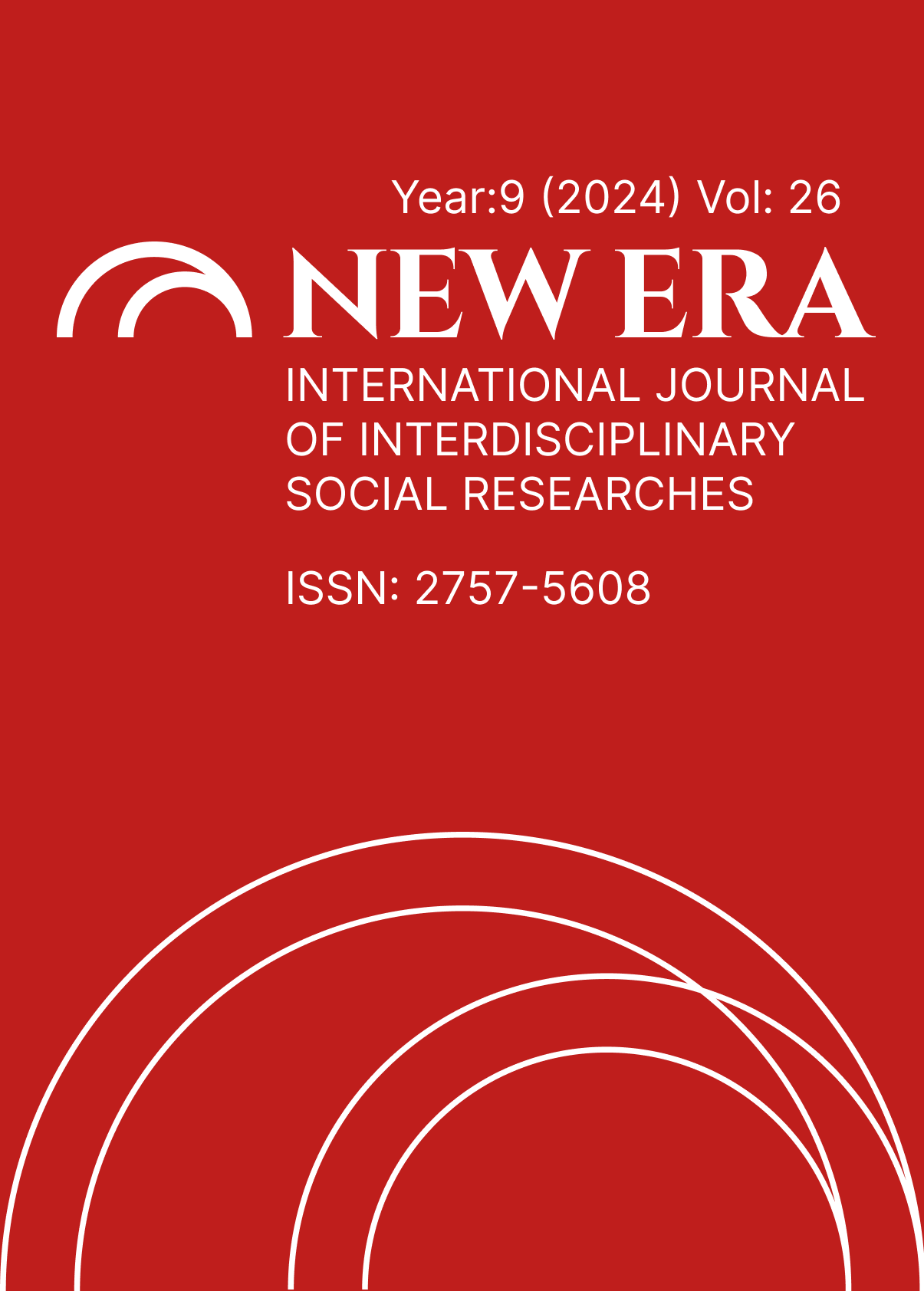ACADEMIC INTEGRITY: THE PILLAR OF KNOWLEDGE AND THE ESSENCE OF SCHOLARLY PURSUIT
DOI:
https://doi.org/10.5281/zenodo.14557959Keywords:
Integrity, Plagiarism, Moral Principles.Abstract
Academic integrity is essential to the moral pursuit of study and serves as the foundation for the formation of real knowledge. As a set of moral standards, it requires accountability, openness, and honesty in every facet of academic work, from learning evaluations to research. Maintaining academic integrity ensures that knowledge is distributed consistently and that accomplishments are acquired legitimately, which builds trust throughout educational communities. Plagiarism, fabrication, and cheating are examples of violations that compromise the integrity of the academic system overall in addition to harming an individual's credibility. Encouraging academic integrity fosters respect for the work of others, intellectual development, and a dedication to moral principles that transcends the classroom. In order to strengthen the foundation of scholarship and truth in society, this article explores the importance of academic integrity, its effects on individual and group intellectual growth, and the role that educational institutions play in promoting and upholding these principles. Academic integrity is the cornerstone of knowledge creation and transmission since it embodies honesty, trust, fairness, respect, and accountability. It guarantees that scholarly work retains credibility and makes a significant contribution to the topic in an academic setting. Respecting academic integrity protects the caliber and dependability of scholarly contributions in addition to promoting a culture of trust between academics and institutions. This article highlights the need of both individuals and institutions to foster ethical awareness, investigates the fundamentals of academic ethics, and looks at the repercussions of ethical transgressions. In the end, upholding academic ethics guarantees that research advancements are made with integrity, promoting the search for the truth as well as the wider social impact of scholarship.
References
Aktaş, K. Etik-Ahlâk İlişkisi ve Etiğin Gelişim Süreci. Journal of International Management and Social Researches Uluslararası Yönetim ve Sosyal Araştırmalar Dergisi, 1/2 (2014), 22-32.
Alev, B; Genç, F.N. Türkiye’de Üniversite Etik Kurulları Üzerine Bir İnceleme. Akdeniz İ.İ.B.F. Dergisi, 31 (2015), 135-182.
Anadolu Üniversitesi. 2011. Bilim etiği kılavuzu ve ekleri. http://www.anadolu.edu.tr/tr/bilim-etigi-kilavuzu-ekleri adresinden 21 Mart 2021 tarihinde edinilmiştir.
Anonim (2012). https://www.yok.gov.tr/Documents/Mevzuat/yuksekogretim_kurumlari_bilimsel_arastirma_ve_yayin_etigi_yonergesi.
Anonim. Yükseköğretim Kanunu. (1981). https://www.mevzuat.gov.tr/MevzuatMetin/1.5.2547.pdf. Erişim Tarihi: 21.03.2021.
Arda, B. Bilimsel bilgi üretiminde yayın etiği. (2001). http://uvt.ulakbim.gov.tr/tip/sempozyum1/barda.pdf adresinden 15 Nisan 2017 tarihinde edinilmiştir.
Ay, F. Öğretim Üyesinin Etik Sorumluluğu. Sağlık Bilimleri ve Meslekleri Dergisi, 4(3) (2017), 267-271.
Erdem, A.R. Bilim İnsanı Yetiştirmede Etik Eğitimi. Yükseköğretim ve Bilim Dergisi, 2 (1) (2012), 25-32.
Erdirençelebi, M.; Filizöz, B. Meslek Etiği ve Akademisyenlerin Etik Değerleri Üzerine Nicel Bir Araştırma. Uluslararası Toplum Araştırmaları Dergisi-International Journal of Society Researches, 9, 14 (20) (2019), 1230-1258.
European Commission (EC). European textbook on ethics in research. Luxembourg: Publication Office of the European Union. (2010).
İnci, O. Bilimsel yayın etiği ilkeleri, yanıltmalar, yanıltmaları önlemeye yönelik öneriler (ss.69–89). Sağlık Bilimlerinde Süreli Yayıncılık Sempozyumu, sunulmuş bildiri. (2009). http://uvt.ulakbim.gov.tr/tip/sempozyum7/inci.pdf adresinden erişildi.
Örnek Büken, N. Türkiye örneğinde akademik dünya ve akademik etik. Hacettepe Tıp Dergisi 37 (2006), 164-170.
Park, C. In other (people's) words: plagiarism by university students - literature and lessons. Assesment and Evaluation in Higher Education 28/5 (2003), 471-488.
Ruacan, Ş. Türkiye’de bir etik serüveni: Doçentlik sınavı etik komisyonu. Sağlık Bilimlerinde Süreli Yayıncılık. Türk Tıp Dizini. (2009), 41- 44
Szabo, A., Underwood, J. Cybercheats: Is information and communication technology fuelling academic dishonesty? Active Learning in Higher Education, 5/2 (2004), 180-199. TDK 2007.
Toplu, M. Bilim etiği: İnternetin bilim etiği üzerine etkileri. Türk Kütüphaneciliği, 26/4 2012, 654-698.
TÜBİTAK Bilimsel dergilere gönderilen makalelerde dikkat edilmesi gereken noktalar. Erişim……… 2006. http://journals.tubitak.gov.tr/genel/ brosur.pdf adresinden erişildi.
Türkiye Bilimler Akademisi (TÜBA). Bilimsel araştırmada etik ve sorunları. Ankara: Türkiye Bilimler Akademisi Yayınları. 2002.
Uçak, N. Ö. ve Birinci, H. G. Bilimsel etik ve intihal. Türk Kütüphaneciliği 22/2 (2008), 187-204.
Yaşar, E. Akademik intihal, nedenleri ve çözüm önerileri. Uluslararası Eğitim Araştırmacıları Dergisi, 1/1 (2018), 34-44.
Downloads
Published
How to Cite
Issue
Section
License
Copyright (c) 2024 NEW ERA INTERNATIONAL JOURNAL OF INTERDISCIPLINARY SOCIAL RESEARCHES

This work is licensed under a Creative Commons Attribution-NonCommercial 4.0 International License.


